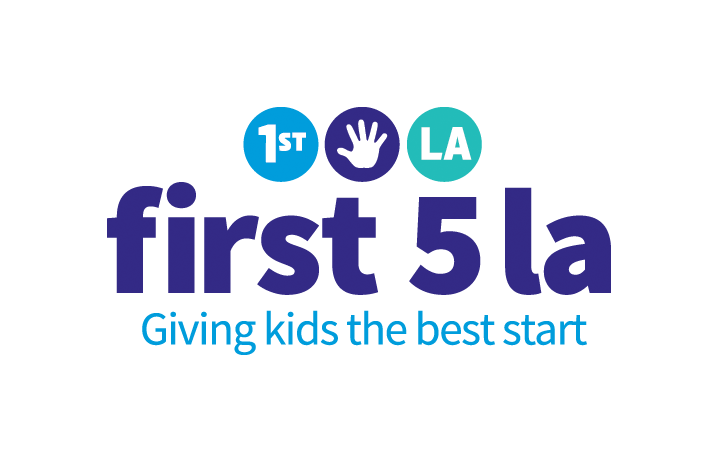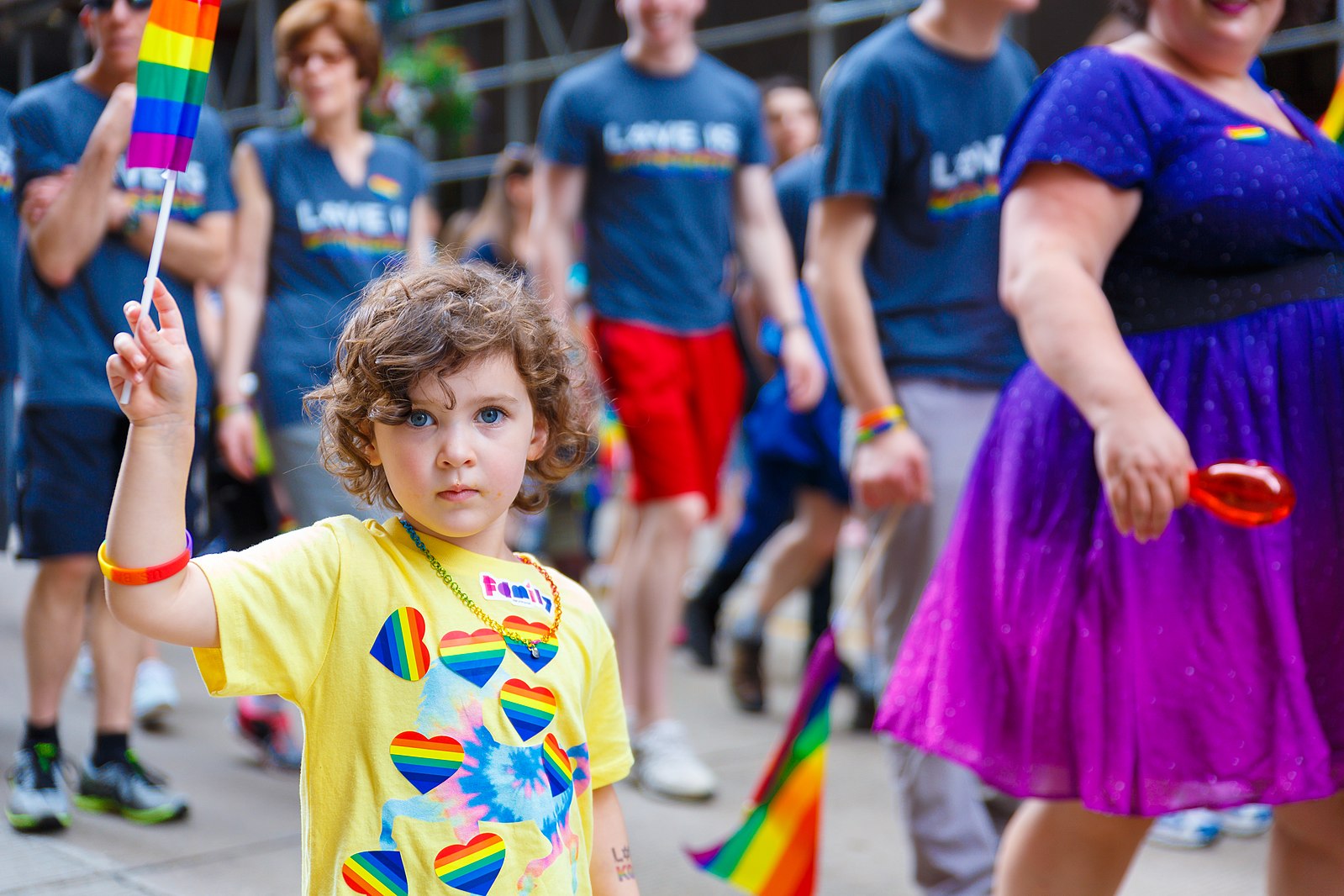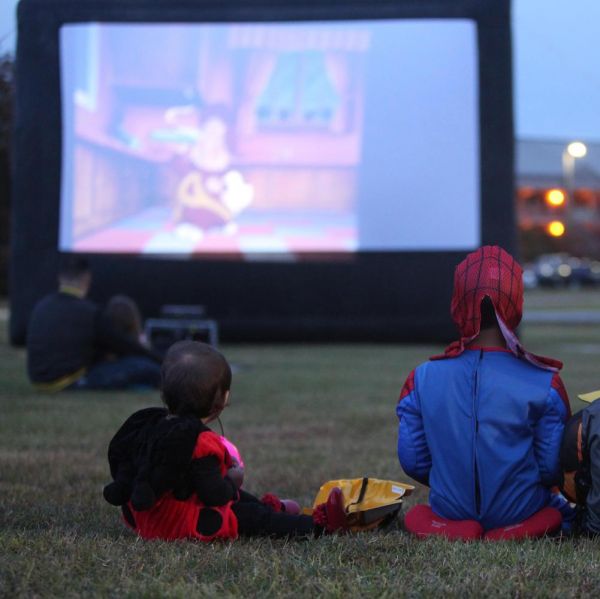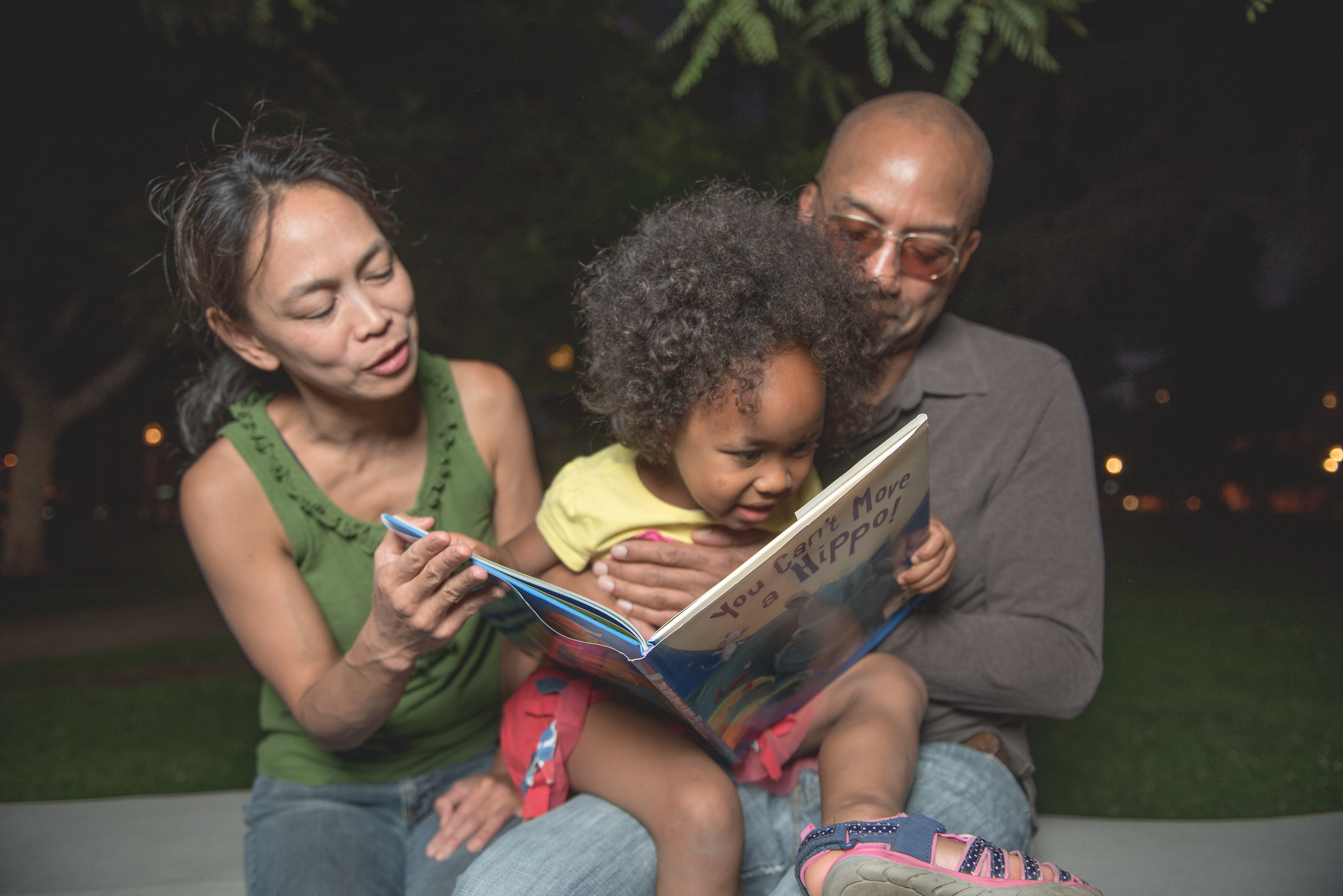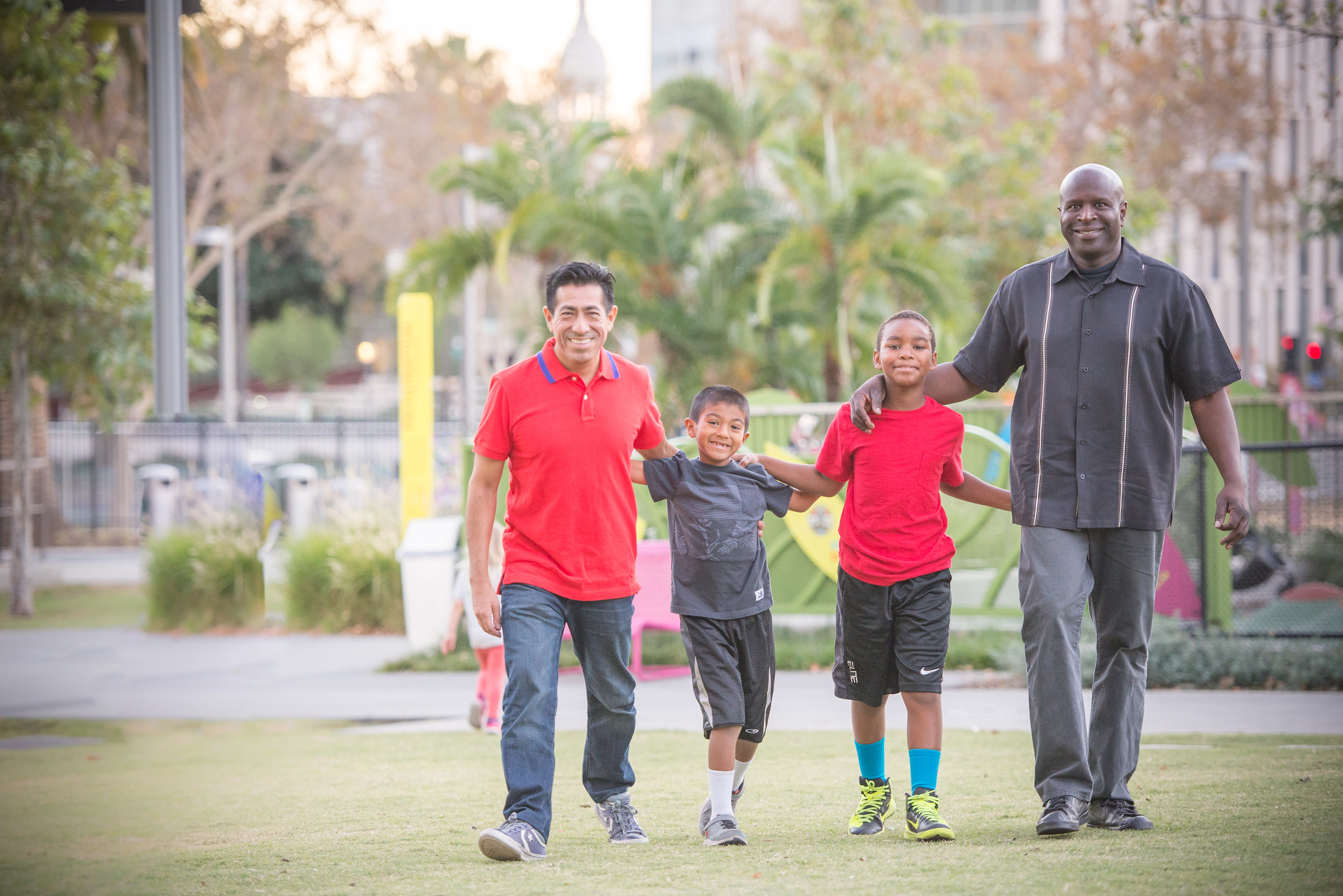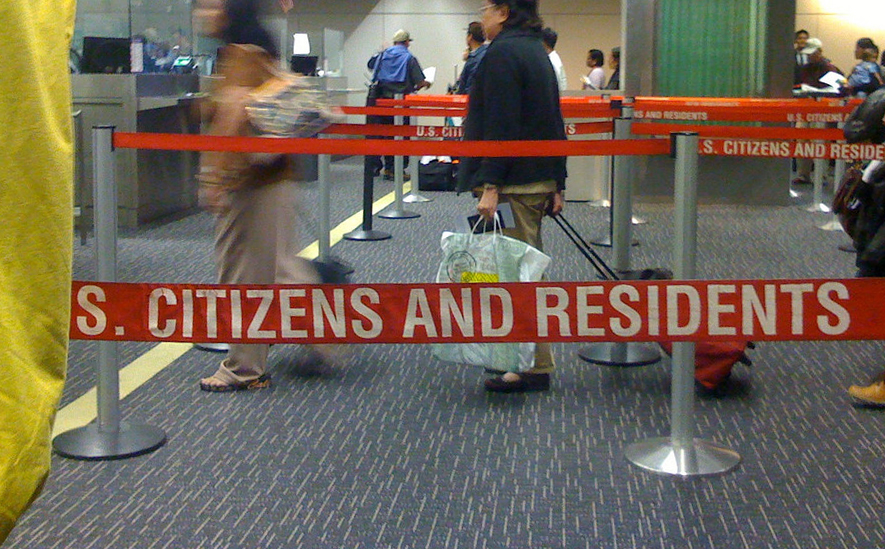Talking with Children about Race and Racism
 Parents tell us they want children to celebrate their culture and identity while being colorblind and free of bias. It’s an age-old challenge moms, dads and caregivers face that has taken on a new urgency in wake of protests for racial justice. Parents can’t control everything a child sees, but they can help them perceive the world more fairly and justly.
Parents tell us they want children to celebrate their culture and identity while being colorblind and free of bias. It’s an age-old challenge moms, dads and caregivers face that has taken on a new urgency in wake of protests for racial justice. Parents can’t control everything a child sees, but they can help them perceive the world more fairly and justly.
Children are aware of racial differences very early in their development – but it’s the examples adults set, both consciously or unconsciously, that shape how these differences are perceived and acted on. According to the American Academy of Pediatrics, by the age of six months a baby’s brain is able to identify race-based differences, and between the ages of two and four, children can internalize racial bias. Sometimes this means that a child may tell at preschool their grandparents are coming by later, instead of saying “Abuelitos” like they do at home because they don’t think their friend will understand the term. Other times this may mean repeating an adult’s comments on how someone drives based upon how they look. Talking early and often about how skin color affects the way people see each other, racial inequity and your own experiences can help. Though these conversations may be tough, it is important for you to show your child that it’s okay to talk about racial differences. Be honest while answering their questions and don’t be afraid to admit if you don’t have a good answer for them.
Talking about race is relatively easy to address when your child notices skin color. Racism, on the other hand, is more difficult to address. Explain what stereotypes are using age-appropriate examples. Together, come up with reasons why they aren’t true based on your experience and knowledge. Incorporate discussions touching on race in your daily life by reading picture books with diverse characters or attending cultural events in your community. By keeping an open dialogue, you help your child learn to address and confront racism in themselves and others. For more information, visit Talking to Children About Racial Bias.
